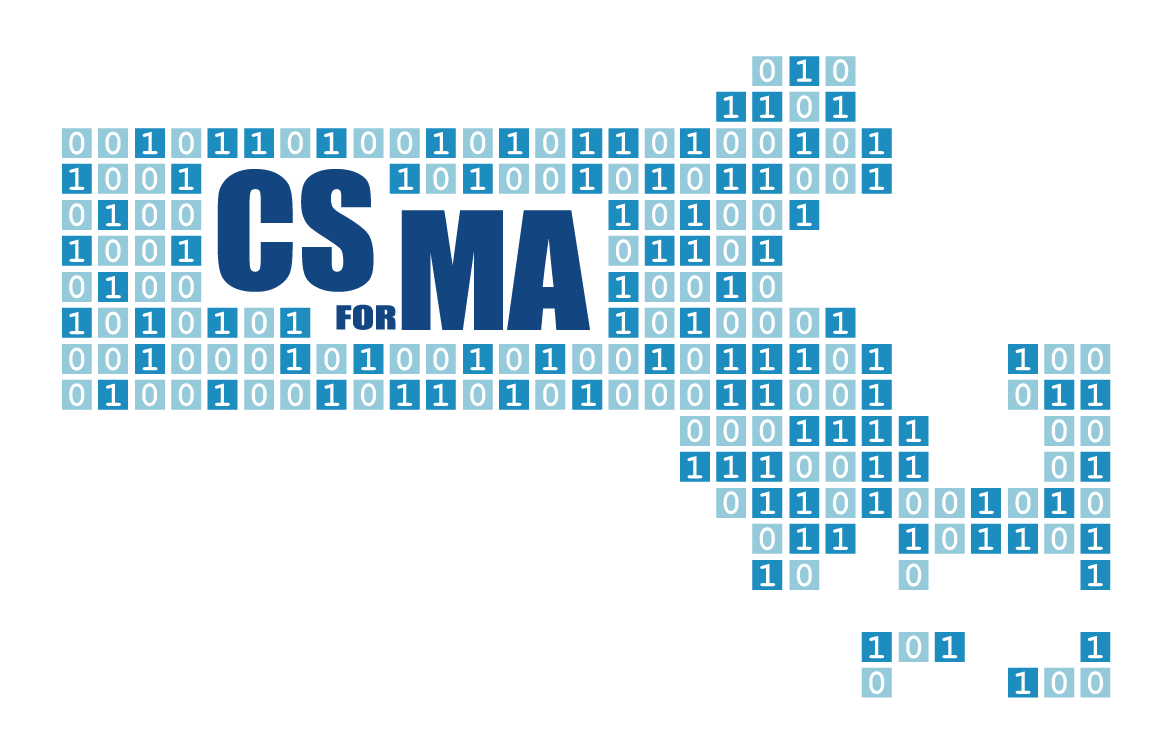
Increasingly numerous and sophisticated cyber attacks against U.S business and government installations have created a demand for skilled workers to protect the information, systems, and networks that form the backbone of commercial and government operations. To address this demand, Middlesex Community College (MCC) in Bedford and Lowell, MA proposed adding associate’s degree programs in Cyber Security. The project had internal support, an advisory board of industry subject matter experts, and labor market data from its local Regional Employment Board confirming the need for Cyber Security professionals. Yet without BATEC, according to MCC Assistant Dean Don Brady, “it’s highly unlikely that this work would have been undertaken.”
BATEC acted as a facilitator for MCC. Leveraging the resources of peer ATE Centers, BATEC connected the school to the National Center for Systems Security and Information Assurance (CSSIA). CSSIA was instrumental in defining the specifics of the curriculum for a Network Security Administration track – which will provide students with the skills necessary to configure and operate secure enterprise computer networks – in the Information Technology program, and a Secure Software Development track – which will enable students to develop applications that perform only their intended functions, without the presence of exploitable vulnerabilities – in the Computer Science program. CSSIA also provided a complete review of plans over the course of the project. Additionally, BATEC introduced MCC to a subject matter expert in its network who will be doing much of the curriculum development for the Networking track.
The development of MCC’s Cyber Security tracks, which will be available Fall 2014, illustrate how BATEC can help take a strong proposal and add the capacity needed to realize it.
- Labor insight data shows Cyber Security graduates to be in high workforce demand.
- BATEC and peer ATE Center CSSIA worked in tandem with Middlesex to realize its proposal
- Both tracks are aligned to the National Initiative for Cyber Security Education framework.
The Cyber Security Education Consortium (CSEC)
The National CyberWatch Center
The Colloquium for Information Systems Security Education (CISSE)
National Initiative for CyberSecurity Education (NICE)
NSA/DHS Centers of Academic Excellence in Information Assurance/Cyber Defense
